Product Description
Toradol (Ketorolac) is a powerful non-steroidal anti-inflammatory drug (NSAID) with strong analgesic, antipyretic, and anti-inflammatory effects. Its mechanism of action is primarily based on the inhibition of prostaglandin synthesis, which are key mediators of pain and inflammation in the body. In addition to pain relief, Toradol reduces platelet aggregation, making it helpful in certain clinical scenarios where inflammation and pain are accompanied by vascular factors. It is most commonly used for the short-term management of moderate to severe pain, particularly in the postoperative period when fast and effective pain control is essential.
Safety Information
Dosage of Toradol is determined individually based on the severity of pain and the patient’s physical condition. A single dose typically ranges from 15 to 30 mg and can be administered every 4 to 6 hours. For patients over 65 years of age or those weighing less than 50 kg, the dose may be reduced to lower the risk of adverse effects. The maximum daily dosage should not exceed 120 mg, and treatment duration must not go beyond 5 consecutive days. The drug can be given orally, intramuscularly, or intravenously, and in certain cases, it may be used alongside narcotic analgesics to enhance pain control.
Toradol is contraindicated in individuals with active gastrointestinal ulcers, aspirin-sensitive asthma, kidney impairment, during pregnancy and lactation, or in the early postpartum period. It should also be avoided in patients under 16 years of age and used with caution in those with liver or kidney dysfunction, congestive heart failure, or high blood pressure. Toradol is not suitable for preoperative sedation, as part of local or obstetric anesthesia, or as a supportive anesthetic agent. Medical supervision is required during use to ensure safety and monitor for complications.
Side Effects
Like many NSAIDs, Toradol may cause side effects, though they are usually mild and temporary. The most common include nausea, abdominal discomfort, and drowsiness. Less frequently, patients may experience diarrhea, headache, anxiety, sweating, swelling, or discomfort at the injection site. Rare side effects include constipation, flatulence, vomiting, dry mouth, stomatitis, or symptoms of gastrointestinal irritation and liver dysfunction. Neurological effects such as dizziness, nervousness, paresthesia, difficulty concentrating, depression, euphoria, and insomnia have also been reported.
In rare cases, Toradol may lead to respiratory issues, urinary disorders, allergic skin reactions like hives or itching, changes in taste or vision, and elevated eosinophil counts. If signs of liver damage, allergic skin reactions, or eosinophilia appear, the medication should be discontinued immediately. Patients using Toradol should be monitored regularly for any unexpected symptoms, especially if they belong to at-risk groups or are on prolonged therapy.

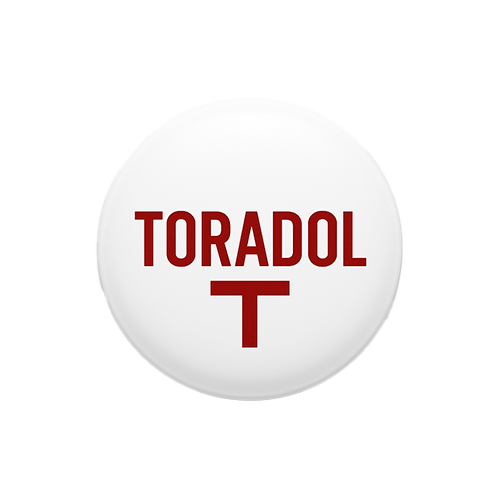

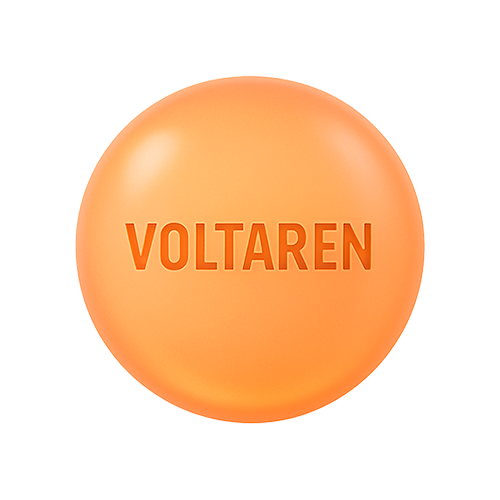
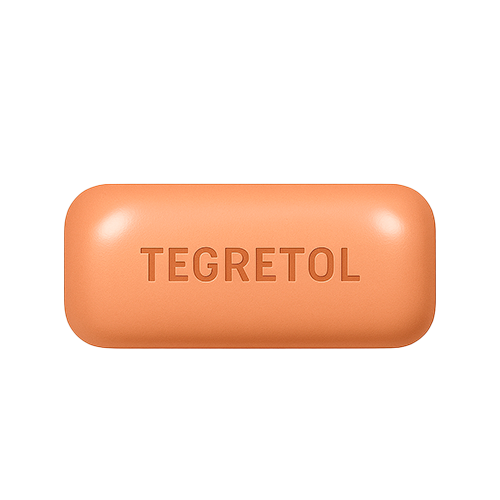

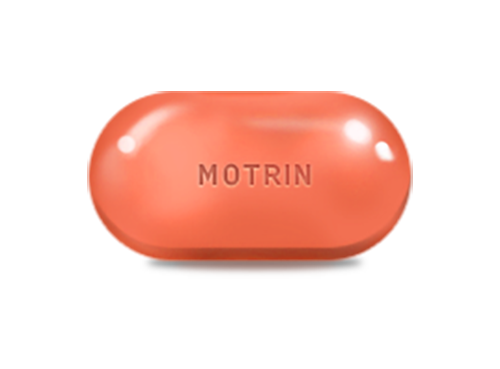


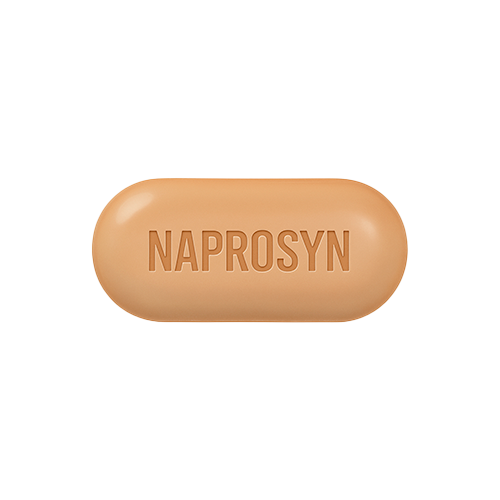
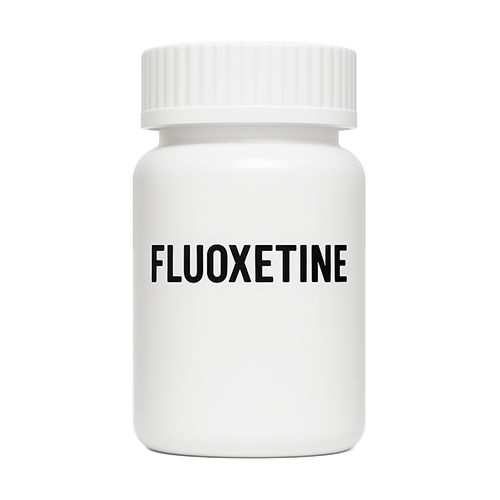
Reviews
There are no reviews yet.